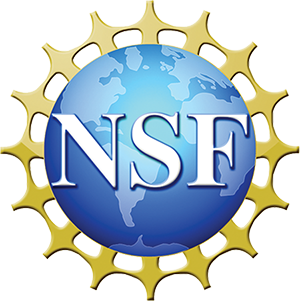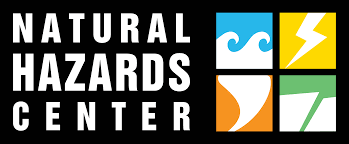Digital Modeling of COVID-19 Global Spread with its Socio-economic & Environmental Implications
Resources / COVID-19 Resources / COVID-19 Research / Digital Modeling of COVID-19 Global Spread with its Socio-economic & Environmental Implications
Project Overview
“COVID-19 outbreak still don’t have any reliable study about its mechanism of spreading, hence control, cure and its socio-economic and environmental implications. In the absence of such studies, only digital technologies can provide fast paced digital tools to tackle this situation of a pandemic. Therefore, GCS Institute of Pakistan has taken up this challenge to design a digital model with the help of existing demographic data of the world and incorporating the newly generated data of the spread of this disease, hence going to develop a best possible strategic model to tackle the spread of this disease for any country facing this problem or going to face this problem in the near future. The second part of our research would deal with the impacts and repercussions associated with this pandemic towards social, economic and environmental set up of the world. It also includes the trauma, economic recovery tools and environmental degradation/up gradation. In this way a study of the whole world would be available which can be translatable to individual country for policy guidelines of the concerned Government/Corporate sector and for international organizations interventions like WHO, UNO and its affiliated organizations and Development Financing Institutions. ”Study Design
Meta-analysisProject Keywords
corona-virus, covid19, digital, technologies, spread, impactsPrincipal Investigator
Name:
President
Muhammad
Zarar
Department or Unit: Executive Management
Organization: GCS Institute
Co-Project Investigators
- NaginaNazliDirectorExecutive ManagementGCS Institute
- MuhammadHashir MughalInterneeStudentBahria University




CONVERGE is funded by the National Science Foundation (NSF), Division of Civil, Mechanical, and Manufacturing Innovation, Program on Humans, Disasters, and the Built Environment (Award #1841338). Any opinions, findings, conclusions, or recommendations expressed in this material are those of the authors and do not necessarily reflect the views of the NSF.